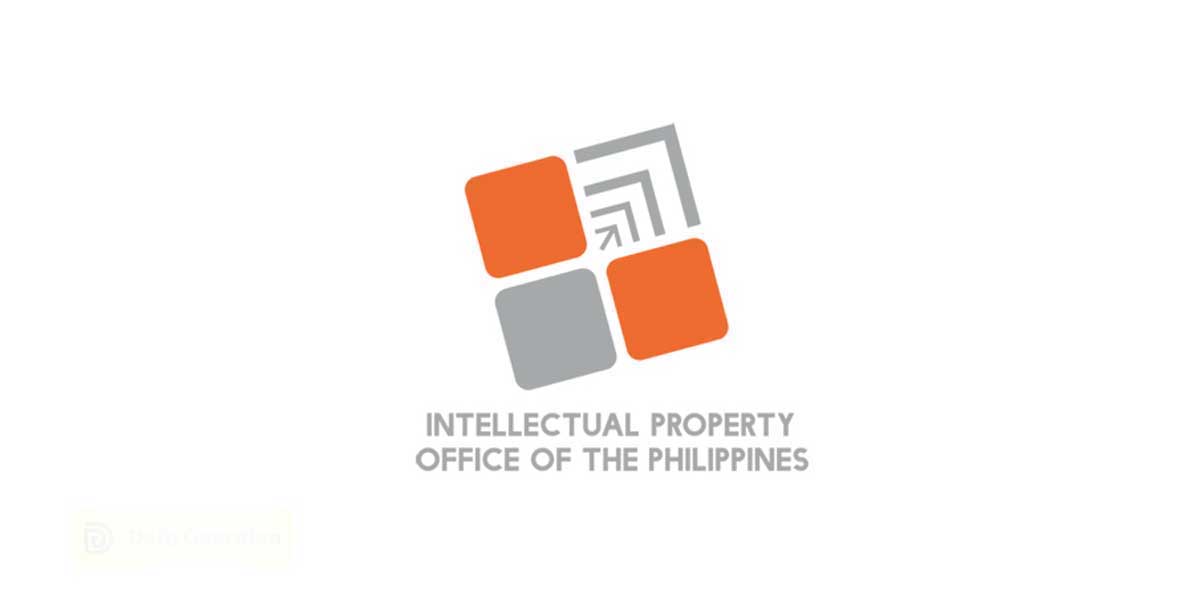By Engr. Carlos V. Cornejo
In Ray Dalio’s book, “Principles: Life and Work”, he defines principles as fundamental truths that back up his beliefs. One of his principles is “pain + reflection = progress”, meaning pain from failure when you reflect well on it, on how you arrived at that failure, will only contribute to your progress if you build principles behind those failures. The principles on failure will help you avoid that same failure and pushes your progress. The author says, “Just as long‐distance runners push through pain to experience the pleasure of “runner’s high,” I have largely gotten past the pain of my mistake and instead enjoy the pleasure that comes with learning from it.”
Here are his three-part process for adopting a principled approach to life:
Part One: Be Radically Open‐minded
When you adopt a mindset of radical open‐mindedness, you genuinely want to hear others’ honest opinions of you. You want to know how badly you’re failing, how flawed your thinking is, or how weak your skills are. You ask questions like “How might I be wrong?” or “Is there a truth to their complaint(s) about me?
Opening yourself up to critical feedback is painful. But by letting the pain pass and putting your ego aside, you can find truth in people’s opinions and use it to get better. I experienced this constructive feedback during an online class I had with some senior high students during the covid-19 pandemic. My students made a complaint to my supervisor that I was overextending my one-hour lecture with them, which I initially thought they would not mind because I was assuming they were happily learning from my discussion. The happy learning was there but my students had other things to do, because of their tight online schedule, so it was a lesson on always consulting your clients before you assume things. I agree with the author, feedback can be a blow to your ego, but as Bill Gates once said, “You learn more from your unhappy customers than from the satisfied ones.”
Part Two: Find the Root Cause
From the feedback you get from others or from the failures you experience from anything in life, try to go to the root cause of your behavior rather than just the symptoms of it. Here’s what the author says, “Distinguish proximate causes from root causes. Proximate causes are typically the actions (or lack of actions) that lead to problems, so they are described with verbs (I missed the train because I didn’t check the train schedule). Root causes run much deeper and they are typically described with adjectives (I didn’t check the train schedule because I am forgetful).”
Finding the root cause often leads to a personal weakness. However, you don’t need to feel ashamed and surrender to your weaknesses – you can find principles to overcome them.
You can find principles to build a system that works around your weakness (ex: in the case of being late in appointments, developed a system of putting every event in your calendar
with two default alerts, so you less likely to lose track of time, or sleep early and wake up early so that you don’t have to rush things in the morning), learn principles to build a new skill and eliminate the weakness, or outsource the weakness in one area of your life to someone who has a strength in that area.
Part Three: Write Your Principles Down
You can initially write down your principles and commit it to memory later on. Writing them down helps you see the reason why you are adopting those principles as the author would say, “To be principled means to consistently operate with principles that can be clearly explained.” These principles are the “solutions” to your failures or weakness in behavior. In my case, whenever I have some problems with money or people for example, my principled approach is to reflect on the corresponding virtues needed to respond to that problem. I am a virtue biased person because I believe every problem calls for a virtue to be practiced and it is also an opportunity to grow in that virtue. When it is a problem about a person, maybe you are called to practice more patience on others or if its money maybe it’s a calling to practice the virtue of detachment (not to get attached to money) or hard work (to earn more to support your needs not your wants). For me virtue is the best way to respond to life’s challenges, and when there is growth in virtue there’s likewise growth in character.

























